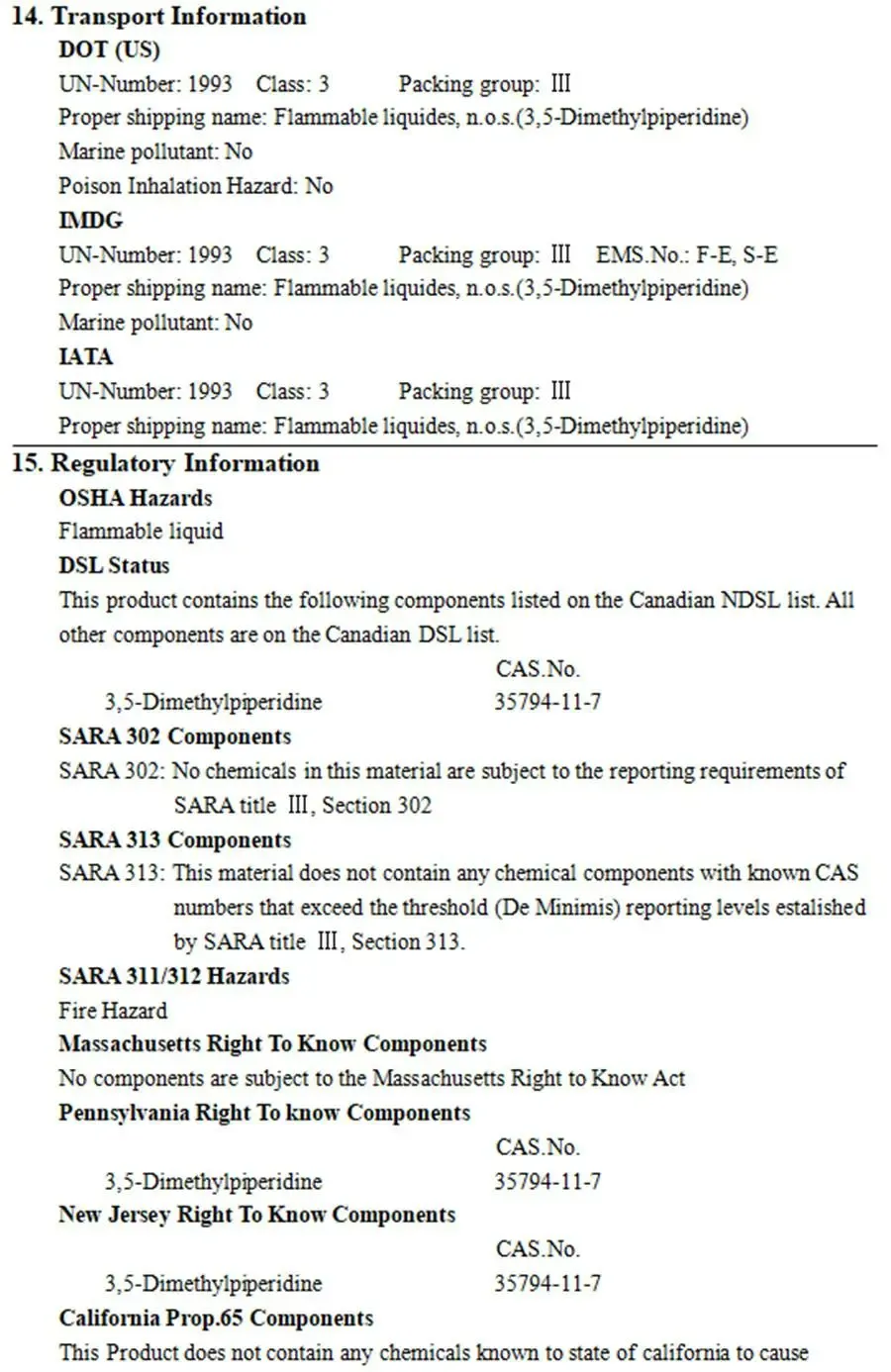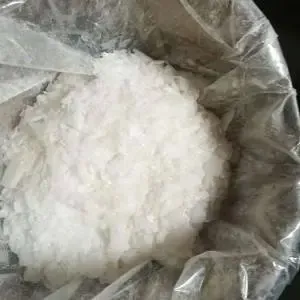formamide function


In the field of materials science, formamide is instrumental in the production of polymers and resins. Its ability to interact with various monomers results in the formation of complex polymer structures with desirable properties. Research conducted at renowned institutions details its involvement in the creation of high-performance polymers that are crucial to manufacturing durable and sustainable materials. The role of formamide is not limited to industrial applications but extends to the realm of molecular biology and genetics. In electrophoresis, formamide is applied to denature nucleic acids, which is essential for the separation and study of DNA and RNA strands. Geneticists rely on formamide for its efficiency in facilitating the analysis and manipulation of genetic material, furnishing insights into genetic disorders and potential therapies. Despite its numerous advantageous functions, handling formamide demands adherence to safety protocols, a concern highlighted by occupational health authorities. Exposure to formamide should be minimized, and adequate protective measures should be employed during its usage to prevent adverse health effects. Employers are encouraged to provide training and resources to ensure safe handling, aligning with guidelines from trusted health and safety organizations. In conclusion, formamide's multifarious functions underscore its indispensable nature across various domains. From enhancing pharmaceutical formulations to aiding in agricultural advancements and facilitating genetic research, formamide proves its mettle as a versatile and vital chemical. To harness its potential, professionals across sectors should engage with current research and adhere to safety standards, ensuring that the remarkable benefits of formamide are realized effectively and responsibly.
Post time: فوریه . 18, 2025 08:39
Next:


















